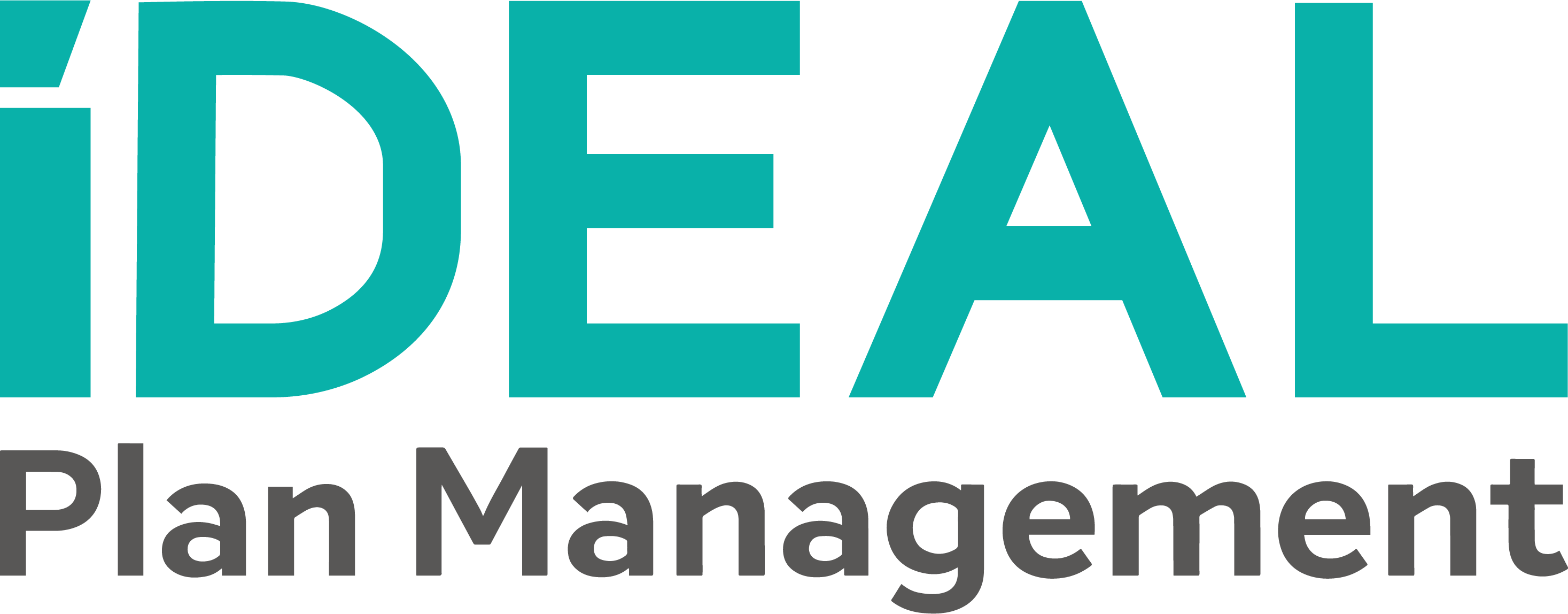What makes a support reasonable and necessary?
To include a support in your NDIS plan, your NDIS planner must be satisfied that it is ‘reasonable and necessary’ to meet your needs and achieve your goals. But what does this mean?
Here are the things that NDIS planners look for when determining whether a support is reasonable and necessary:
1. Is it directly related to your disability?
There should be a direct link between your disability and the supports that are funded from the NDIS.
When examining whether a support is reasonable and necessary, the NDIS planner will look at whether the needs that the support addresses arise from or are caused by your disability.
If the support is something most people would need, regardless of disability status, then it is unlikely to be funded by the NDIS.
2. Is it something other than a day-to-day living expense?
The NDIS considers day-to-day living expenses to be something that most people are expected to fund themselves, regardless of whether they have a disability.
If there are no greater costs incurred due to having a disability, then the NDIS probably won’t fund the support.
The NDIS may only fund supports associated with day-to-day living costs if:
- Your disability-related needs result in additional living costs
- the living costs are a direct result of supports provided in your plan, meaning you wouldn’t have otherwise incurred the cost.
3. Does it help you achieve your goals?
Reasonable and necessary supports should help remove some disability-related barriers that prevent you from achieving the goals outlined in your plan.
An NDIS planner will look at:
- how your disability support needs relate to your goals
- whether funding supports that address these needs will help you achieve your goals.
4. Is it good value for money?
The NDIS will try to determine whether the support provides the most value for money when compared to the cost of other potential supports.
Some considerations may include:
- How the cost of the support compares with other similar supports
- Whether other supports may achieve the same benefits for a lower cost
- Whether the support will reduce the cost of your support needs in the future
5. Is it effective and beneficial?
The NDIS will want supports to:
- Be effective at achieving the intended result
- Have a beneficial impact on your support needs
To work this out, the NDIS planner will look for evidence that the support works for people who have similar disability support needs as you.
6. Is it something that you shouldn’t expect families or informal networks to provide?
There are certain things that we expect family or friends to do for us or with us. The NDIS may not fund a support if it is reasonable to expect that families or informal networks should provide it.
To make the appropriate judgement, the NDIS planner must consider:
- What tasks you can do yourself
- What support you have from others including family, friends, and local community services.
7. Is it best funded by the NDIS?
If a support is to be funded by the NDIS, it should be the appropriate service system to provide the service. The NDIS is unlikely to fund supports that should be provided by another service system.
Some other service systems that may be more appropriate include:
- Health
- Education
- Employment
- Child protection and family support
- Early childhood development
Is your support reasonable and necessary?
NDIS planners make decisions based on the factors outlined above and using the National Disability Insurance Scheme Act 2013 (NDIS Act). A support must meet all the necessary criteria to be deemed reasonable and necessary.
For more personalised information about if your personal support would be considered reasonable and necessary, we recommend getting in contact with your Local Area Coordinator (LAC) or Support Coordinator.
